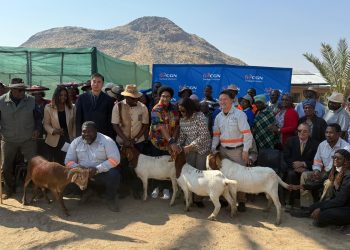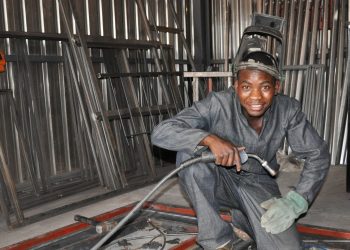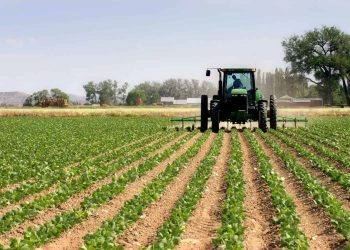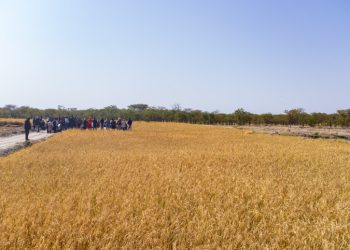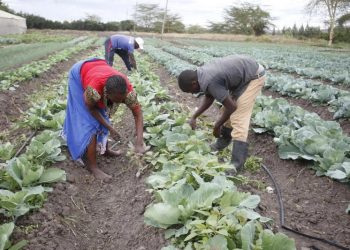
Namibia is set to become the first country in the world to generate carbon credits backed by nopal cactus farming, with Nopal Renewable Energy Corporation spearheading the initiative.
The company is investing N$1.8 billion in a large-scale nopal cactus farm in Maltahöhe, aiming to establish Namibia as a leader in carbon sequestration through agriculture.
Nopal Carbon Farming seeks to transform Namibia’s arid lands into productive carbon sequestration and bioenergy sites.
The trial phase of the project began in June 2024, with a 500-hectare farm securing environmental clearance and breaking ground earlier this year.
Stephen McNeill, a partner at Nopal Renewable Energy Corporation, said the company has secured certification from CERTIS, an international accreditation body under KIMA, validating its carbon removal methodology.
“We have to be certified, so we’re using a company out of Portugal called CERTIS, which is part of an international accreditation body, KIMA. They developed our methodology, and we’re the first company in the world to create a carbon removal credit methodology using cactus,†said McNeill.
However, he noted that the credits are not yet listed on a registry such as Verra or Gold Standard, as large-scale fields are still under development.
“Once fully operational, the project aims to provide verifiable carbon sequestration solutions, positioning Namibia as a leader in sustainable, agriculture-driven carbon offset initiatives,†he said.
McNeill explained that previous attempts by other companies to claim carbon credits from cactus farming were unsuccessful because the cacti were cultivated for food rather than carbon sequestration.
As a result, the company is exclusively planting cacti for carbon offset purposes, making them eligible for certification under international carbon markets.
“It’s all about credibility and transparency. The certifying body measures the carbon stored in the soil and plants, then reassesses after a year to determine the net increase, which forms the basis for carbon credit claims,†he said.
The company is working with the Integrity Council for the Voluntary Carbon Market to align its operations with emerging global standards. McNeill noted that Nopal is ready to supply credits once an off-taker commits to purchasing them.
“If a company approached us today needing 500,000 carbon credits by 2030, we could map out how much land to cultivate and when we could deliver. By year three or four, we would be in a position to supply significant volumes, as the cacti need time to grow to a certain size,†he said.
Meanwhile, McNeill estimated that the cost to cultivate between 500 and 1,000 hectares is around US$5 million, depending on land, labor, and transportation costs.
Thus, the company is assessing various locations to determine feasibility and cost-effectiveness.
By 2027, Nopal aims to expand its operations to 5,000 hectares, with plans to reach 17,500 hectares by 2028.
The company’s goal is to establish Namibia as a leader in sustainable carbon farming and bioenergy production, setting a precedent for similar projects worldwide.


